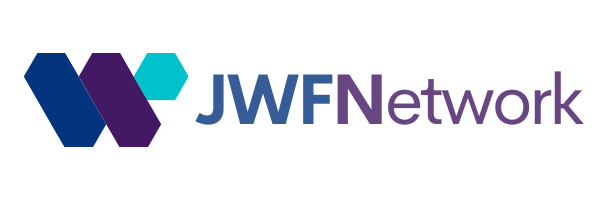Grants
Funding Focus: Women and mothers at work: gender transformative employment policies.
Purpose: to support collaborative and effective work for women's rights and gender equality in Israel with a focus on labor rights
Outcomes: successful public education, programs and/or advocacy efforts to effect policy and workplace practices; enhanced visibility for JWF collaborative grant-making
BACKGROUND
56.6% of all employed Israeli women are mothers to children under the age of 16, but still motherhood is one of the top factors associated with inequality in the labor force. Data shows that women lose 5% of their income for each child, while men's income increases by 2.7% with each child. The culture of long office hours, prevalent mostly in the corporate sector, prevents mothers from advancing their career tracks.
However, the unfriendly (even hostile) work environment affects not only women who are struggling to crack glass ceilings; it also affects women independent business owners and low-income workers who are often required to put in long hours.
Working women from all walks of life struggle with sexual harassment and a gender hostile work environment. Data shows that sexual violence in the work-place is a major factor holding women back in their professional development.
Hence, it is important to adopt a "wide-lens" perspective on the issues affecting women and mothers in the labor force, such as pay equity (or the lack of it) and equal opportunities; the rights and entitlements of women micro-entrepreneurs and independent business owners, and the rights and entitlements of marginalized and vulnerable women workers.
Furthermore, women and their contributions to the economy through child rearing care for the sick and elderly in the family and other household chores are not recognized as an essential and valuable part of the GDP. Women's work, in both the public and private spheres is still undervalued.
EXAMPLES OF WHAT THE JWFN COULD SUPPORT:
Safeguarding the rights of women and mothers in the labor force, including an increase in minimum wages and protection of the rights of vulnerable workers.
Promoting "family friendly" work place policies, such as flex-time, job-sharing, e-work, and encouraging fathers to take paid family leave.
Educating employers and labor judges on the importance of combating sexual harassment in the workplace.
OPPORTUNITIES AND CHALLENGES TO COLLABORATIVE FUNDING:
OPPORTUNITIES:
Impact: potential for broad political support and capacity to join forces with labor unions and mainstream institutions;
Inclusion: an inclusive topic; more than 65% of women in Israel are in the labor market or owners of micro to small businesses;
Building on past achievements and continuity: JWF network provided a collaborative grant to Shutafot which created a comprehensive agenda for promoting the economic and labor rights of women
CHALLENGES:
Political climate and instability: in times of escalation in violence or instability in the government coalition, it can be difficult to promote civil issues concerning the rights of women.
Inclusive collaborative effort may require technical and administrative support for capacity and movement building, e.g. lessons learned with Shutafot.
GUIDELINES FOR SELECTING TOPICS/GOALS FOR SHARED ACTION:
Urgency: is this a time sensitive issue that requires immediate attention and response?
Impact: how positive change will affect the lives of women and promote values of gender equality; where can we have the biggest impact?
Leverage: can we engage other funders and stake-holders?
Diversity and inclusion: affecting change for women from all walks of Israeli society.
IN 2014 THE JEWISH WOMEN’S FUNDING NETWORK MADE A GRANT OF $115,000 TO SHUTAFOT IN ISRAEL FOR A TWO YEAR PROJECT.
The following is an update in 2016 from their leadership.
Shutafot is launching two new programs made possible by significant grants from the U.S. government and the European Union. One new program will focus on women-owned businesses, operating with a holistic approach to the promotion of these women, including legislation and policy promotion, courses and training, leadership seminars, research papers, creation of a business online database, and a large-scale campaign encouraging the public to purchase products from women-owned businesses. This is a 12-month project that has begun its implementation this month.
The second project will aim to strengthen the infrastructure and impact of the Shutafot Coalition on Israeli society. The project begins with the recruitment of at least seven new organizations into the Coalition, with an emphasis on diversifying the ethnic and social groups represented in the Coalition. With the expansion of the coalition, Shutafot will focus on generating genuine partnerships and working relationships between all organizations, veteran and new, in order to most effectively advance our joint goals to make an impact. This project allows us to become a much more prominent voice within the Israeli feminist movement.
We are confident that these exciting developments mark the beginning of a new chapter for Shutafot, one in which each member organization takes part in something larger than itself, strengthening relationships and multiplying cooperation within the feminist sector.
